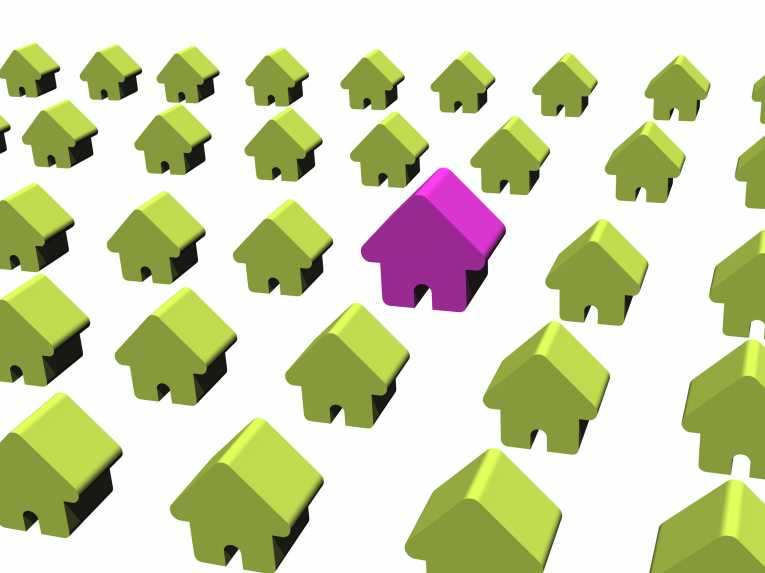On two opposite sides of the globe, public opinion is gradually moving towards the need for smaller homes helping families become more energy efficient and contribute to the environment.
The dream for the last generations, particularly in America and Australia has been to retire to a large house in the suburbs. A couple of cars, perhaps a pool and plenty of space. Yet with a growing trend towards environmental responsibility is this still a viable ambition?
Robert Crawford and Robert Fuller recently published research claiming that dream is an unsustainable model. The country's rising population is accumulating wealth and demanding detached homes on the outer edge of the suburbs. If there is a scale of house sizes, at the largest end their size has doubled over the last 50 years. At the same time the number of people living in them has decreased by nearly a third. The demands to heat, light and maintain the homes, the research suggests, is a huge drain environmentally.
Last month, the Australian government established a minimum six star efficiency rating for new and renovated houses with a view to focus on reducing energy consumption and greenhouse gas emissions, putting responsibility back on homebuilders.
Crawford and Fuller's research moves on from this, examining the responsibility of aspiring homeowners wanting "upsize". Their paper, which focussed on Melbourne examined houses based on their size, style and location. As well as considering how much space a family needs, proximity to public transport should also be considered. Many larger houses on the edge of suburbs do not have good transport links, prompting a tendency to rely on cars to travel to and from work. Improving public transport infrastructure is a possibility but is this a factor homeowners should consider before the buy?
Instead of relying on a dream, Crawford argues it should be made clearer to younger generations that living closer to work or locations with better transport links would have a positive impact in reducing their carbon footprint. Households living in the inner city or inner suburbs consume 70% less energy than those living on the fringe of communities.
Crawford says it should be seen that "building increasingly large houses must be considered totally irresponsible".
While in Australia researchers are identifying the need for a sea-change in attitude, on the other side of the globe in America housing economists are already seeing an increasing trend for "downsizing". More homeowners are buying smaller properties that are more energy efficient.
Ted Schlier, the former head of the Housebuilder Association of Illinois believes living in smaller houses is a "call of the future" with the promise of less energy being consumed, less rubbish being produced and ultimately cheaper bills.
It comes at a time when the Senate Energy and Natural Resources Committee is listening to testimony on a raft of bills which include encouraging the construction industry to make residential housing more energy efficient.
The American Council for an Energy Efficient Economy is seeking tax breaks to encourage homeowners, builders and manufacturers to be greener.
The National Association of Home Builders recently revealed the results of their survey which showed the average family home will shrink to 2152 square feet by 2015 as homeowners look for smaller properties that are energy efficient with lower utility bills, rather than cheaper properties without energy efficiency measures.
Stephen Melman, the Director of Economic Services at NAHB says, "Our members think home sizes will continue to shrink because of energy costs. People want to have a home they can afford and one they can afford to heat".
Image Credit: © Carmine Luino










